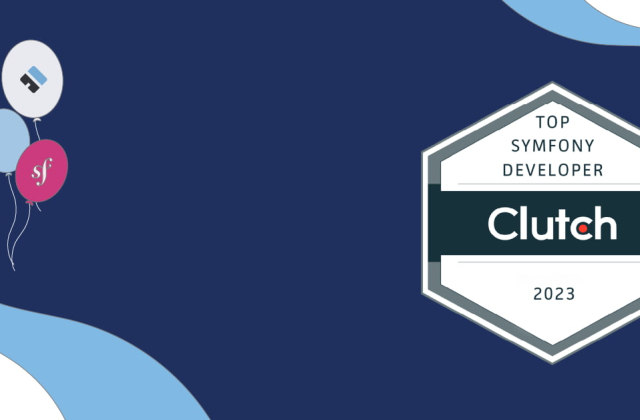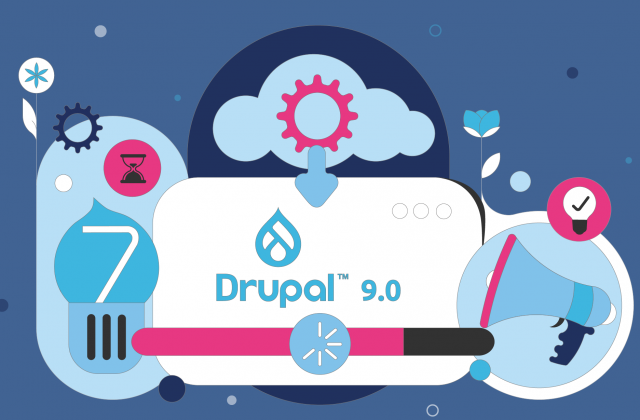Microsoft’s latest tv ad is possibly one of their most high profile ones to date. It features American comedian Jerry Seinfeld randomly encountering Bill Gates in a shoe shop at the mall, after which a brief and slightly bizarre dialogue ensues. The ad is fairly significant in its signalling of a slight rebranding strategy from Microsoft – but does it succeed where others failed? Can it make Microsoft cool?
First things first; the ad is certainly a little puzzling. After all, it is clear from the first few seconds (once Bill Gates is introduced) that we are watching a Microsoft ad and yet, despite this, no further real brand message is either introduced or developed. Instead, for pretty much another whole minute, Bill and Jerry talk about topics such as wearing clothes in the shower and the size of Bill’s brain.
The trick works to subtly subvert the audience’s expectations (created in the opening few seconds), thereby causing intrigue and curiosity to be awoken and ultimately making the ad much more interesting than it could have been. It does a far better job of holding the attention than many previous efforts for example (check Youtube for evidence of this).
(N.B. UK residents might remember a similar, also hugely succesful, ad campaign for Cadbury’s Dairy Milk chocolate, featuring Phil Collins’s music and a drum-playing Gorilla. That ad also efffectively created a similar balance of abstract puzzlement and intrigue winning both plaudits and awards in the process).
However to return to Microsoft’s offering there are also a few aspects of it that appear slightly weak. For a start, speaking personally, the humour hardly even raises a smile. Jerrry Seinfeld is a world-class comedian but for some reason here the slightly forced quirkiness doesn’t quite cut it in the humour stakes. No doubt JS does his best, but nonetheless the dialogue still smacks of an ad exec’s brainstorming exericise to emulate an air of offbeat comedy cool.
The ad’s final message (that the future is ‘delicious’ with Microsoft) is also slightly misguided especially if compared with Microsoft’s actual worldwide media image (of a fairly personality-less, soulless, dominant software giant).
This down-to-earthy feel treads a fine line between being an effective tool for re-characterising the brand, and simply looking like a second rate attempt to mimic Apple’s individualistic and creative sense of cool (which is of course a meticulously established and engineered creation of their marketing teams).
Whichever way one looks at it the ad is not particularly funny – but perhaps it is not meant to be so in the outright sense of the word. Rather it represents an attempt by Microsoft to redress its corporate and soulless media image by association with a symbol of cool 90s mainstream US comedy, in Jerry Seinfeld (an established and popular household name).
Also thrown in for good measure is an abstract subversion of conventional product advertising (the ad is a brand ad rather than a ‘new product’ one), and also a quirky offbeat surrealism that will hopefully generate at least the smallest shred of cool credibility for a brand that has always been short of it.
Its degree of success will probably depend on who and where you are, but the ad agency does deserve credit for its sucess in making a 90 second piece that holds both the attention and arouses the mind’s curiosity. Poor Bill’s efforts in front of camera might be slightly awkward (like an embarrassing attempt at a humour alien to him) but overall he doesn’t do too badly – and probably does far better than many thought he would.
Early indicators suggest the piece is a mixed success – doing what no Microsoft ad in the past has done, but is far from being perfect. Considering the task at hand (making Microsoft loveable and cool?), it seems pretty likely that nobody at Microsoft expected the ad to do miracles overnight. Instead it should give the company a platform on which to build, especially if certain shortcomings in the ad’s approach can be addressed. The follow-up could be even more curious…
Dejan Levi



